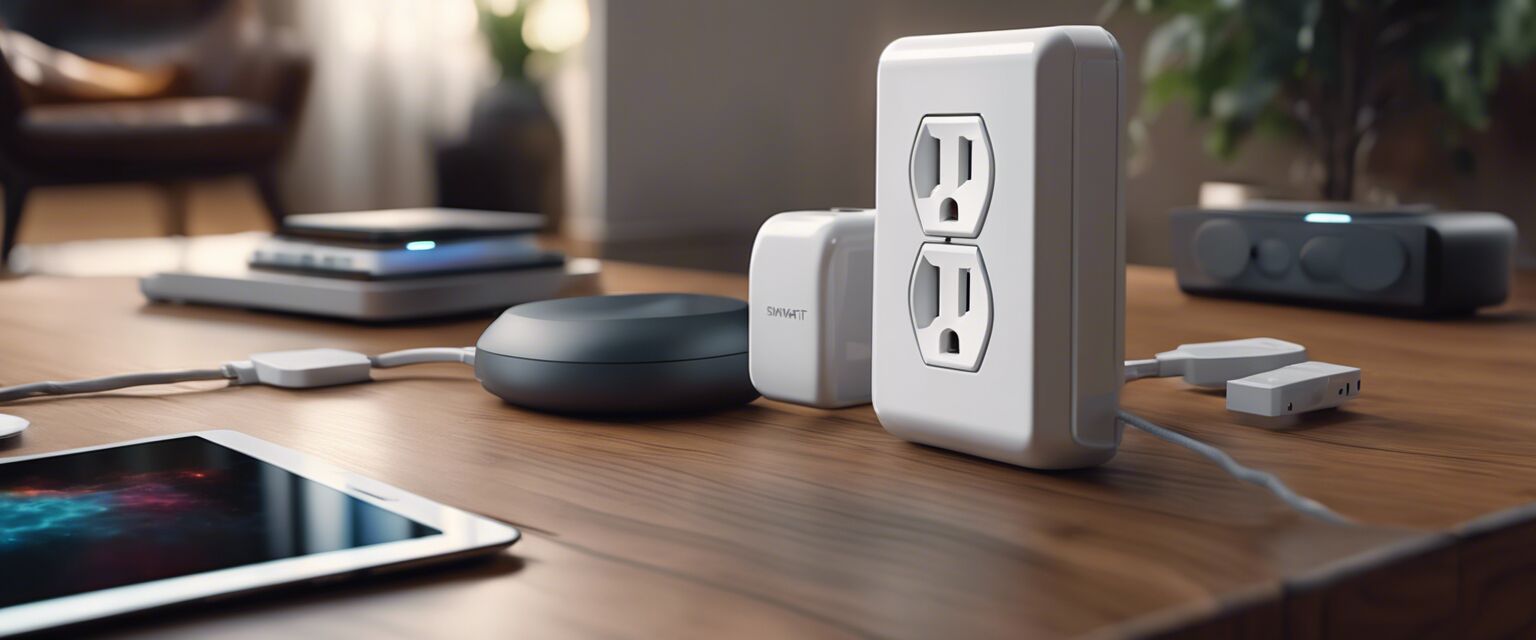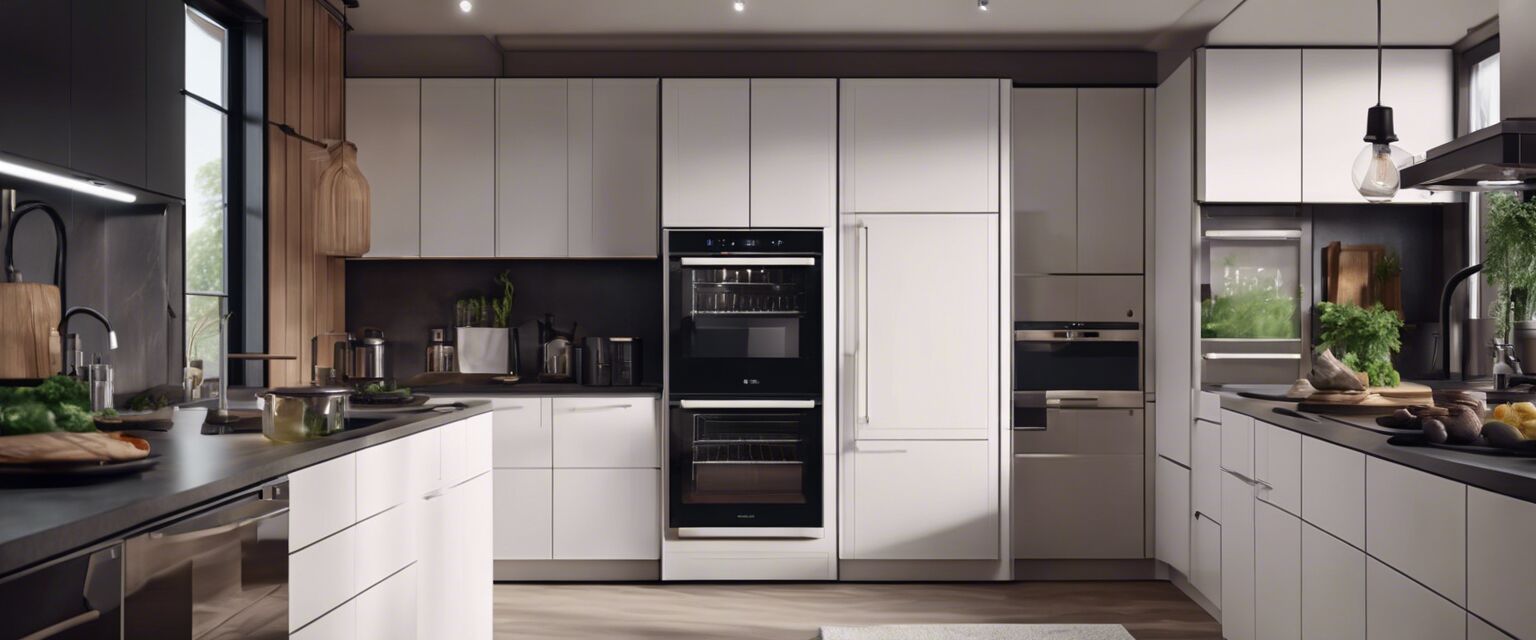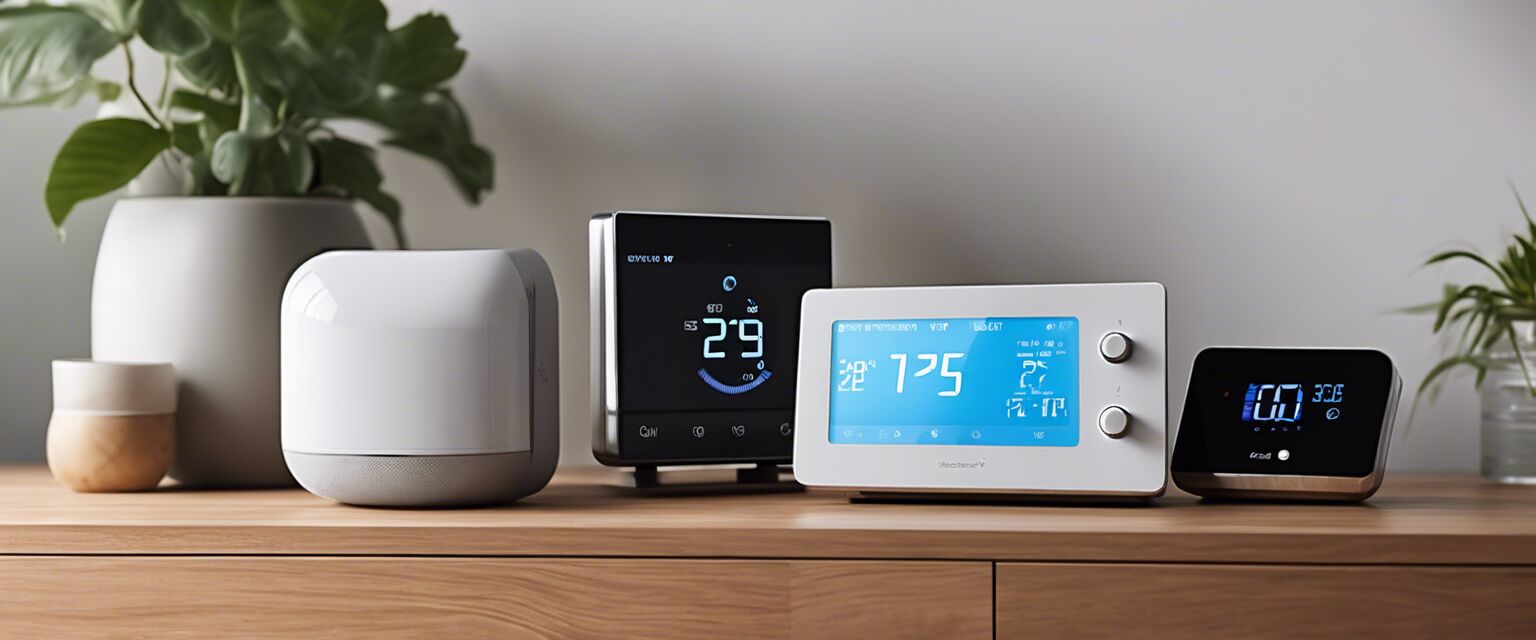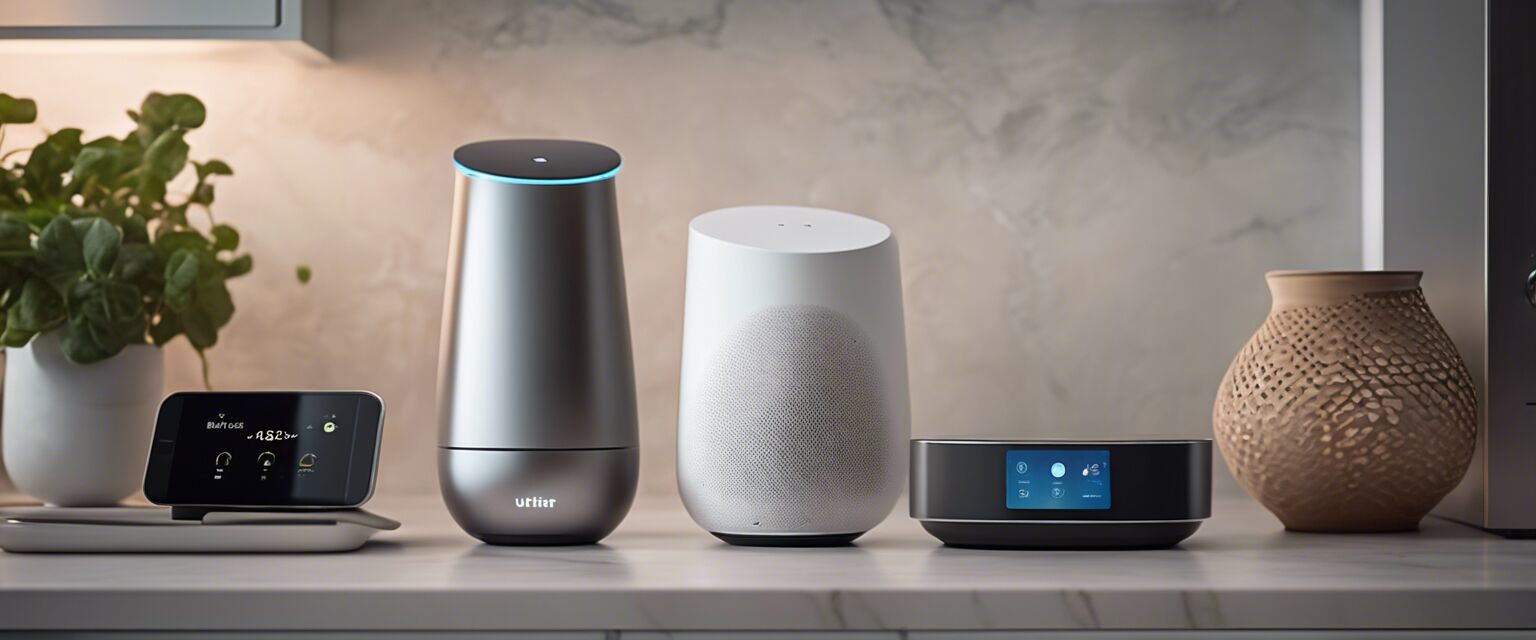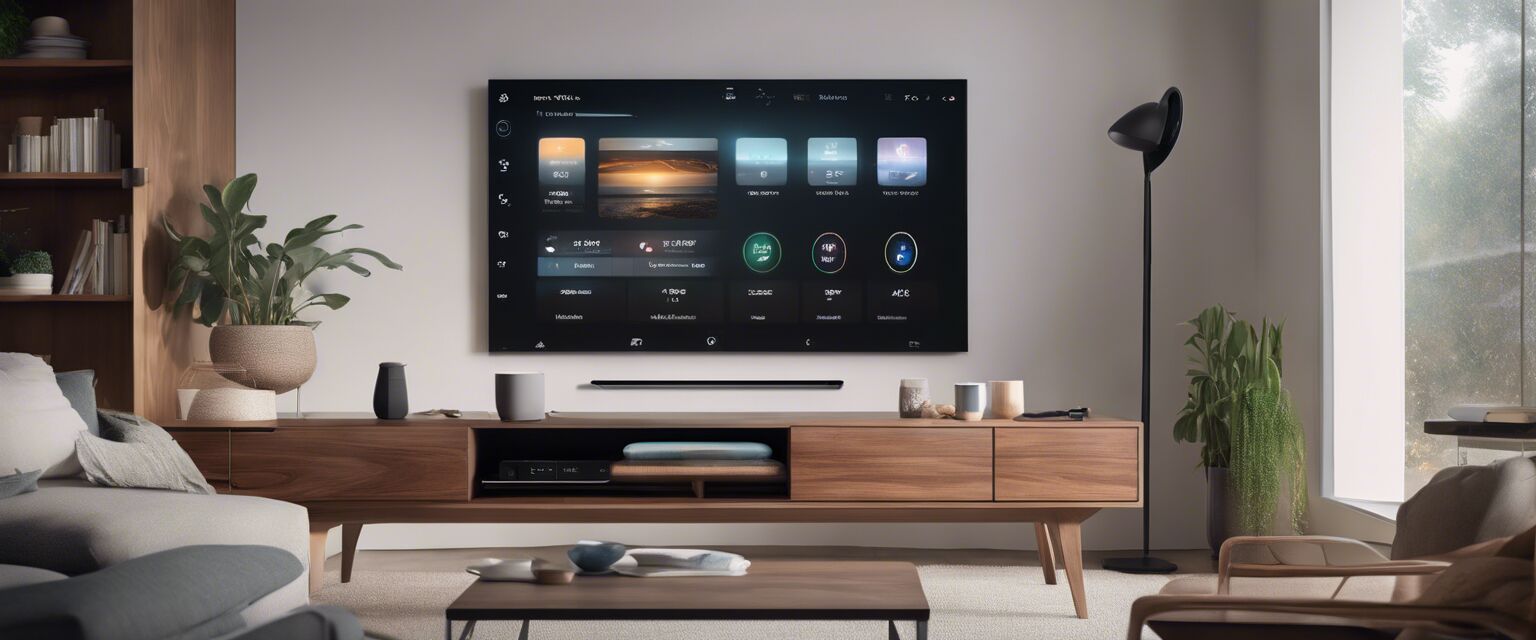
Smart Home Hubs and Controllers
Key Takeaways
- Smart home hubs integrate various smart devices into a single system.
- Controllers allow for centralized management and automation of home devices.
- Compatibility with multiple devices is crucial for effective smart home integration.
- Choosing the right hub can enhance convenience, energy efficiency, and security.
- Popular hub types include voice assistants, dedicated hubs, and smartphone apps.
The rise of smart home technology has transformed how we interact with our living spaces. Smart home hubs and controllers play a pivotal role in this evolution, enabling users to manage and automate various devices seamlessly. In this article, we'll explore what smart home hubs and controllers are, their benefits, and how to choose the right one for your home.
What are smart home hubs and controllers?
Smart home hubs and controllers are devices that act as the central point of communication between various smart home devices. They allow users to control, automate, and monitor these devices from a single interface. Here's a breakdown of their key functions:
- Connects multiple smart devices
- Facilitates automation and scheduling
- Provides remote access and control through smartphones or voice commands
- Enhances compatibility between devices from different manufacturers
Types of smart home hubs
When considering a smart home hub, it's essential to understand the different types available. Here's a comparison of common hub types:
| Hub Type | Description | Advantages | Disadvantages |
|---|---|---|---|
| Dedicated Hubs | Standalone devices designed specifically for smart home integration. | High compatibility, reliable performance. | Can be expensive, limited to certain ecosystems. |
| Voice Assistants | Smart speakers with built-in control capabilities for various devices. | User-friendly, voice command functionality. | Limited compatibility, may rely on cloud services. |
| Smartphone Apps | Applications that allow users to manage devices via their smartphones. | Convenient and accessible; often free. | Dependent on phone compatibility; may lack advanced features. |
Benefits of using a smart home hub
Integrating a smart home hub into your living space comes with numerous benefits:
- Convenience: Control all devices from one place.
- Automation: Set schedules and routines for devices.
- Energy Efficiency: Monitor and optimize energy usage.
- Security: Enhance security with remote monitoring and alerts.

How to choose the right smart home hub
Selecting the right smart home hub requires consideration of several factors:
1. Compatibility
Ensure the hub is compatible with the devices you already own or plan to purchase. Check for support across various brands and protocols (e.g., Zigbee, Z-Wave, Wi-Fi).
2. Features
Look for features that meet your needs, such as voice control, automation options, and remote access capabilities.
3. User Interface
A user-friendly interface makes managing your devices easier. Consider whether you prefer a mobile app, web interface, or voice commands.
4. Security
Security is paramount. Choose hubs that offer encryption and regular updates to protect your data.
5. Price
Determine your budget and compare features across different price points. Remember, a higher price doesn't always guarantee better performance.
Tips for beginners
- Start with a basic hub that supports essential devices.
- Gradually expand your smart home setup as you get comfortable.
- Research device compatibility before making purchases.
- Utilize online resources and communities for troubleshooting.
Popular smart home hub brands
There are several well-known brands in the smart home hub market. Here are a few to consider:
- Samsung SmartThings
- Amazon Echo
- Google Nest Hub
- Wink Hub

Conclusion
Smart home hubs and controllers are essential components of a modern smart home ecosystem. They offer convenience, energy efficiency, and enhanced security by integrating various devices into a single, manageable system. By understanding the different types of hubs and their benefits, you can make an informed decision on the best hub for your needs.
Pros
- Centralized control of multiple devices
- Enhanced automation capabilities
- Improved energy management
- Increased home security features
Cons
- Initial setup can be complex
- Some hubs may have limited device compatibility
- Potential privacy concerns with data collection
- Costs can add up with additional devices

